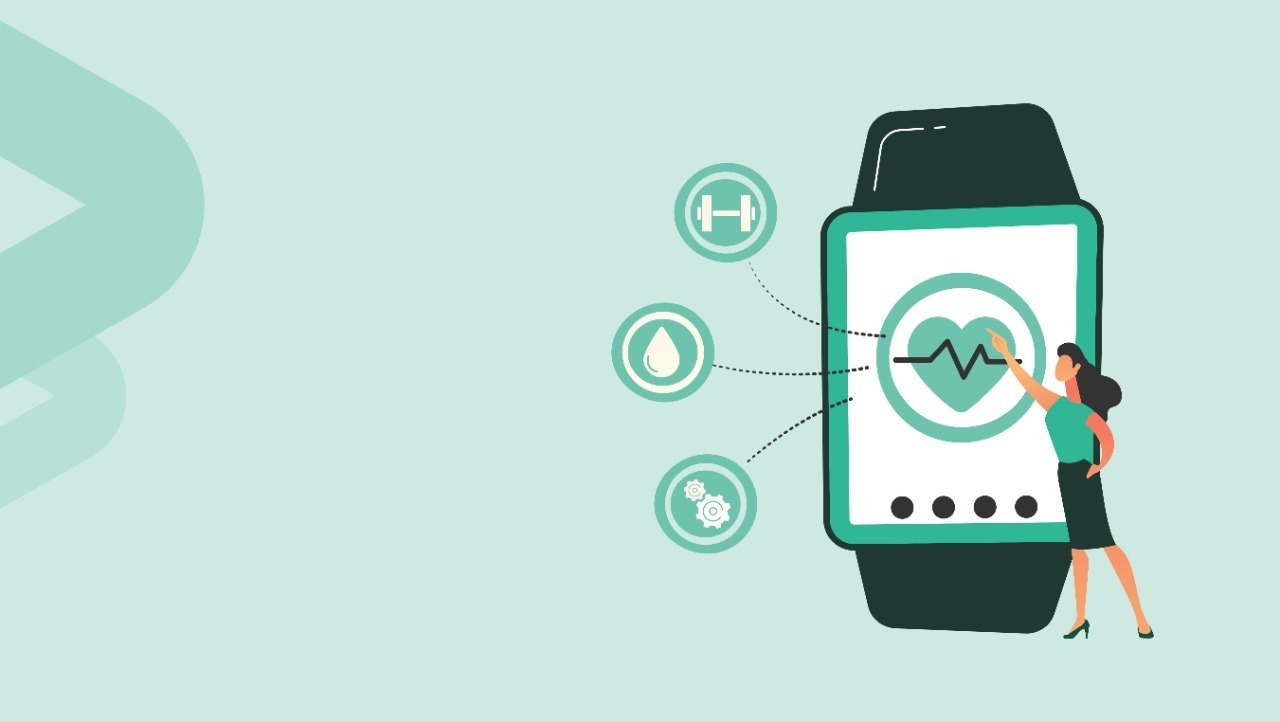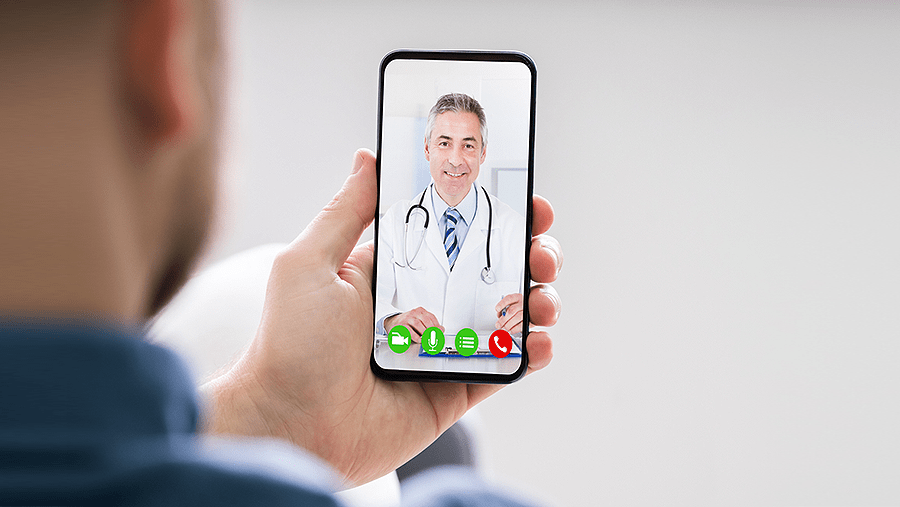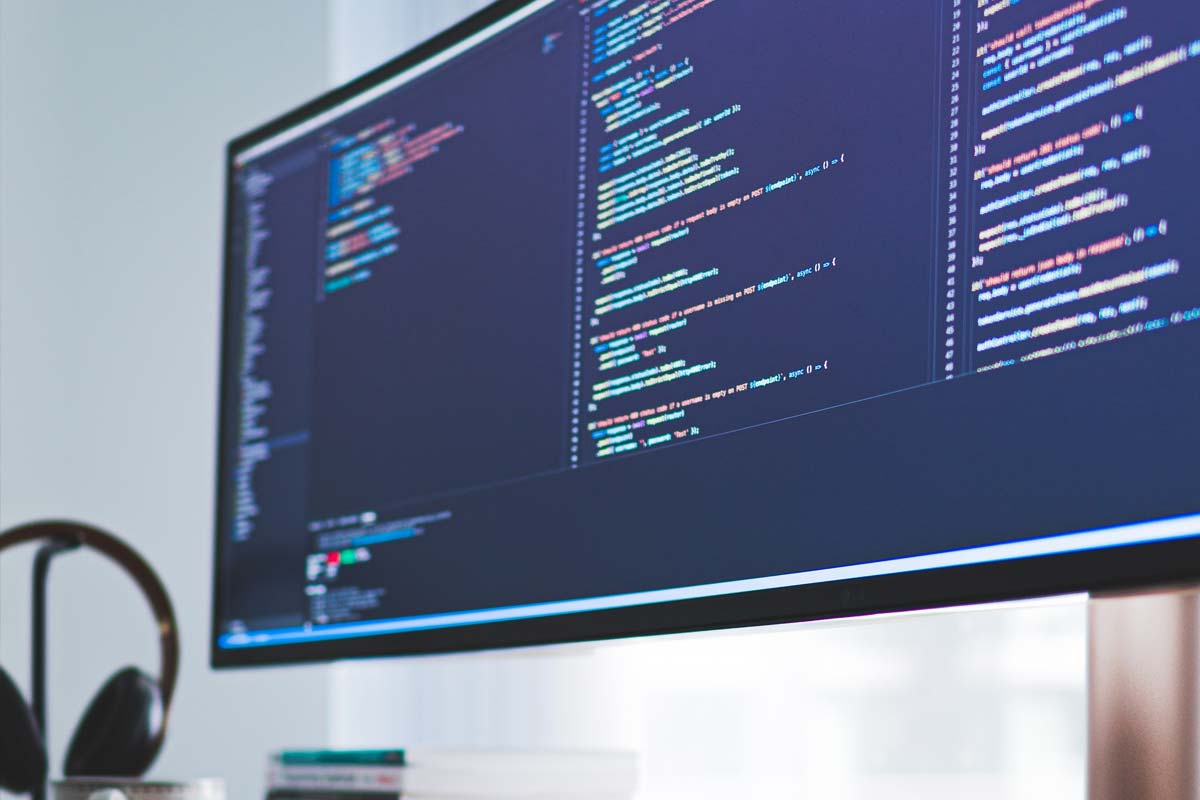Data science has been on the rise. It has been greatly impacting the revolution of the healthcare industry. The impact ranges from tracking your heartbeat while jogging through health wearables to booking an online appointment for a psychotherapist.
Healthcare organizations now use data science to make faster and more accurate diagnoses while also delivering treatments that are more effective and pose a lesser risk to patients’ health.
From medical imaging to medication research and genetics, data science can improve numerous elements of the healthcare paradigm. This is only the start, as data science and medicine are advancing at a rapid pace, and it is critical that they do so in tandem.
Key Applications of Data Science in Healthcare:
Every day, the healthcare business generates a large quantity of data. Electronic medical records, patient bills, clinic management systems, data retrieved from health wearables, and numerous on-going research projects continue contributing to the evolution of this industry. Healthcare professionals gain an advantage out of it by making patient experience better by leveraging actionable data and insights from past patient record. Undoubtedly, data science is the driving force behind it. The following article discusses the five key applications of data science in healthcare for future development of this industry.
1) Medical Imaging
Data science’s role in improving medical imaging is one of its most opportune uses in healthcare. X-rays, MRI scans, mammography, and other imaging techniques are greatly impacted by data science to identify problems accurately. Conventionally doctors would physically analyze scans to look for any abnormalities. At times finding minute abnormalities is both hard and time consuming. With the help of deep learning and image segmentation methods, it has become easier to detect them in scans. Deep-learning-based algorithms also improve imaging results by learning from prior medical cases. This prediction and analysis process has aided in the early prevention and diagnosis of diseases like cancer, vascular difficulties, and organ problems.
2) Drug Discovery
Drug discovery is a time-consuming and expensive process as it requires extensive testing. Data Science and Machine Learning algorithms are offering indicative insights into improving and boosting the success rate of drug discovery. The pharmaceutical industry’s digital transformation is currently one of data science’s top objectives. It is revolutionizing the drug discovery process by increasing the speed of drug trials and testings, using AI and ML to derive new drug safety protocols, and using Master Clinical Trial Protocols (MAPs) to reduce costs and boost the efficiency of clinical trials.
3) Remote Patient Monitoring
Data scientists have created a comprehensive virtual platform that gives support to patients using disease forecasting models. Patients use these platforms to input their symptoms and receive information on several probable ailments. Data science has impacted remote patient in a number of ways. It has improved patient experiences, led to better health outcomes, provided affordable healthcare to those in remote locations, and minimized logistical difficulties for sick and disabled patients.
4) Genomics and Genetics
Data science has enabled and helped healthcare institutions deliver custom medical solutions for patients based on their genes. Genomics, genetics, and digital biology are the core pillars of medicine. It enables healthcare practitioners in integrating massive strands of data with genetic information. Doing so gives a critical insight into the role of one’s DNA in illness development and treatment response. Healthcare organizations used to spend a lot of time studying gene sequences, however, advanced data science techniques have made it feasible to study and draw insights from the human genome in a considerably shorter time span.
5) Disease tracking and prevention
Analysts can use data science to apply deep learning algorithms to comprehensive clinical and laboratory records in order to provide a faster and more precise diagnosis. Data science allows doctors to give better treatment and preventative care to their patients through earlier diagnosis. It is assisting medical analysts in understanding how infections spread, by monitoring outbreaks in real time and utilizing the acquired data to generate a forecast for future spread.
Conclusion
Data science and the healthcare sector is evolving. There are new advancements and modernizations every passing day, and the healthcare industry has heavily utilized data science effectively. Are you ready to revolutionize your healthcare organization? Get in touch with our experts.






